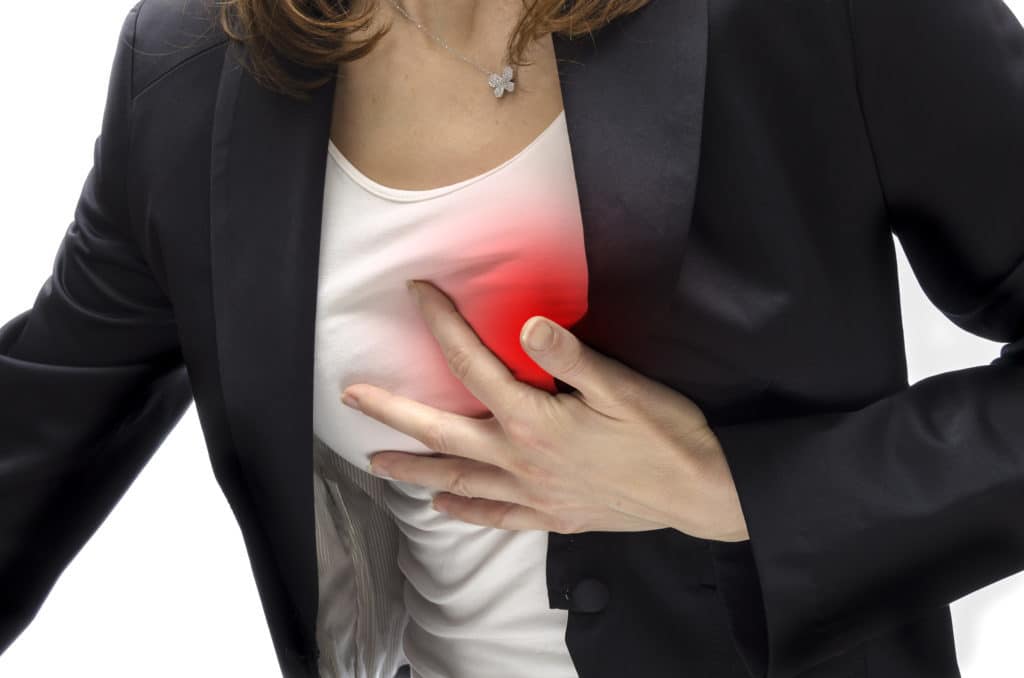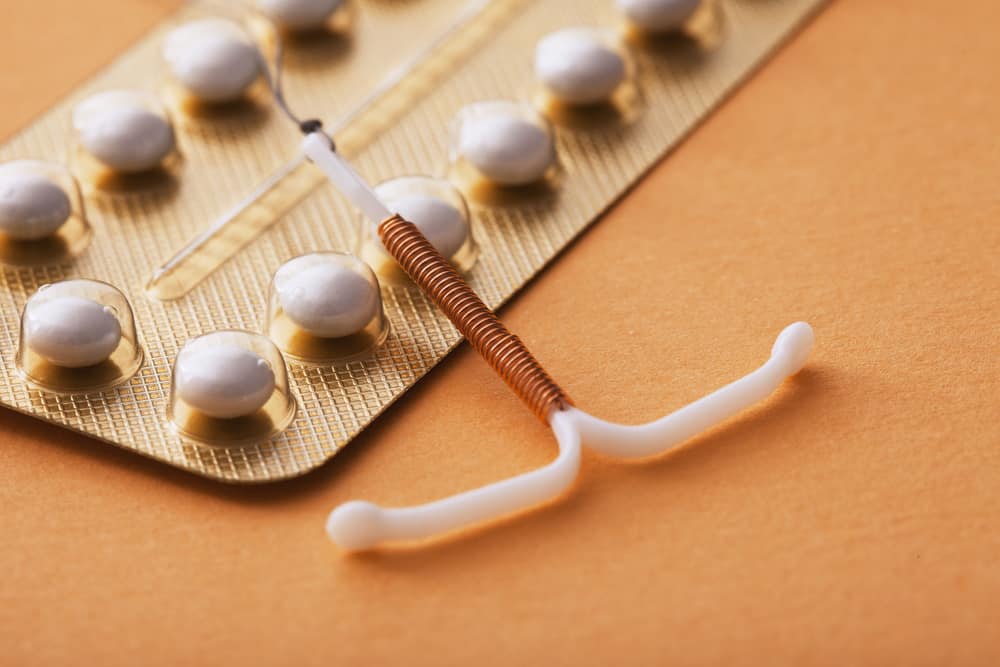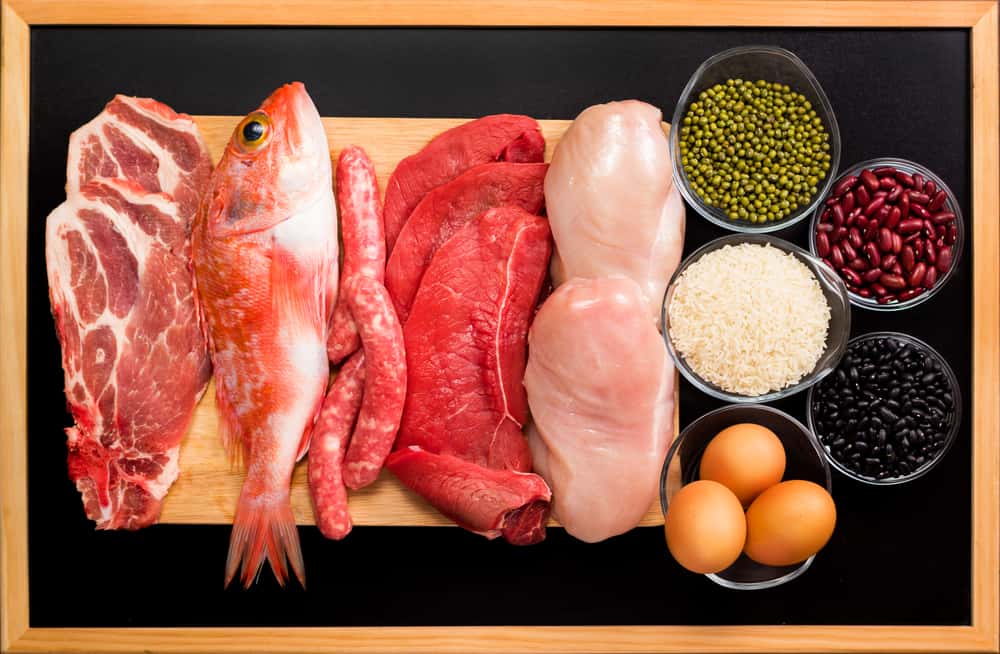Contents:
- Medical Video: Preventing coronary heart disease
- What causes complications of heart disease?
- What are the complications of heart disease that can be fatal?
- 1. Heart failure
- 2. Heart attack
- 3. Stroke
- 4. Cardiac arrest
- 5. Peripheral arterial disease
- 6. Aneurysm
- 7. Pulmonary embolism
- 8. Atrial fibrillation
- 9. Angina
Medical Video: Preventing coronary heart disease
Heart disease is a term that refers to health problems in a person's heart and blood vessels. This occurs in important parts such as the heart muscle, heart valve, blood flow, or heart rhythm. Each of these functions has a very important role in the quality of overall health, so that if a person experiences heart disease he is at risk of experiencing various complications of heart disease.
What causes complications of heart disease?
Basically, complications are disorders that arise when the development of certain diseases gets worse. Heart disease is at risk of causing complications when someone who has had a heart problem does not make lifestyle changes to prevent heart disease from getting worse. Some risk factors for complications of heart disease are
- high blood pressure
- blood cholesterol levels that are too high
- smoking behavior
- more weight
- lack of physical activity.
What are the complications of heart disease that can be fatal?
Most of the complications of heart disease are at risk of being fatal, including:
1. Heart failure
Heart failure is the most common type of complication and is due to the heart being unable to meet the body's blood flow needs, because the heart muscle is not strong enough to pump blood.
Apart from the presence of blood flow disorders, heart failure is also more at risk for someone with congenital heart abnormalities and / or infection in the heart. Heart failure is characterized by difficulty breathing, dizziness, and accumulation of fluid in certain parts so that there appears to be swelling.
2. Heart attack
Heart attacks occur because of heart cell death when the heart does not get enough blood intake. This condition is triggered by a heart artery experiencing constriction due to cholesterol buildup or atherosclerosis.
Besides the difficulty of breathing, the symptoms of a heart attack in men are more likely in the form of pain in the area around the chest, while in women have different signs such as nausea, abdominal pain and vomiting.
3. Stroke
If the heart does not work effectively, blood clots are easily formed and can clog arteries. Stroke occurs due to blood clots that block the flow of blood to the brain and cause impaired function in remembering, speaking and coordination and accompanied by numbness of one side of the body. Because it attacks brain cells, this disease can cause damage quickly and even permanently.
4. Cardiac arrest
Cardiac arrest is a complication that occurs when the heart stops beating suddenly and causes breathing problems and loss of consciousness due to heart rhythm disturbances. Cardiac arrest is an emergency, if not treated immediately it will cause sudden death.
5. Peripheral arterial disease
Narrowing of the arteries not only can affect the flow to the heart, but can also occur at the ends of the body parts. If this happens, then the body part does not get enough flow to cause symptoms such as pain, especially on the feet when walking.
6. Aneurysm
Aneurysms are serious complications whose symptoms can occur in any part of the body in the form of arterial coagulation. If a ruptured aneurism can cause a fatal condition due to internal bleeding.
7. Pulmonary embolism
Pulmonary embolism or pulmonary embolism is a condition similar to a stroke but occurs in the lungs. Blockage of blood flow to the lungs causes the body to lack oxygen quickly so it triggers symptoms of difficulty breathing, chest pain, and the skin looks blue. This condition needs immediate treatment because it is very risky for causing death.
8. Atrial fibrillation
Atrial fibrillation is a condition that usually does not cause a fatal effect. This is because the room at the top of the heart beats irregularly or beats weaker than normal conditions, which are characterized by an irregular heartbeat. Although it is not always dangerous but experiencing this condition will cause a buildup of blood clots in the blood vessels thereby increasing the risk of stroke.
9. Angina
Angina, or better known as pain in the chest, is a symptom that arises when the heart muscle does not get enough oxygen to cause a twisted sensation or a feeling of pressure on the chest. In general, these symptoms can be divided into two types, namely stable angina (stable angina) and unstable angina (unstable angina).
Stable angina tends to appear when a person's body lacks oxygen due to physical activity while unstable angina is a pain that appears suddenly without being preceded by physical activity.












